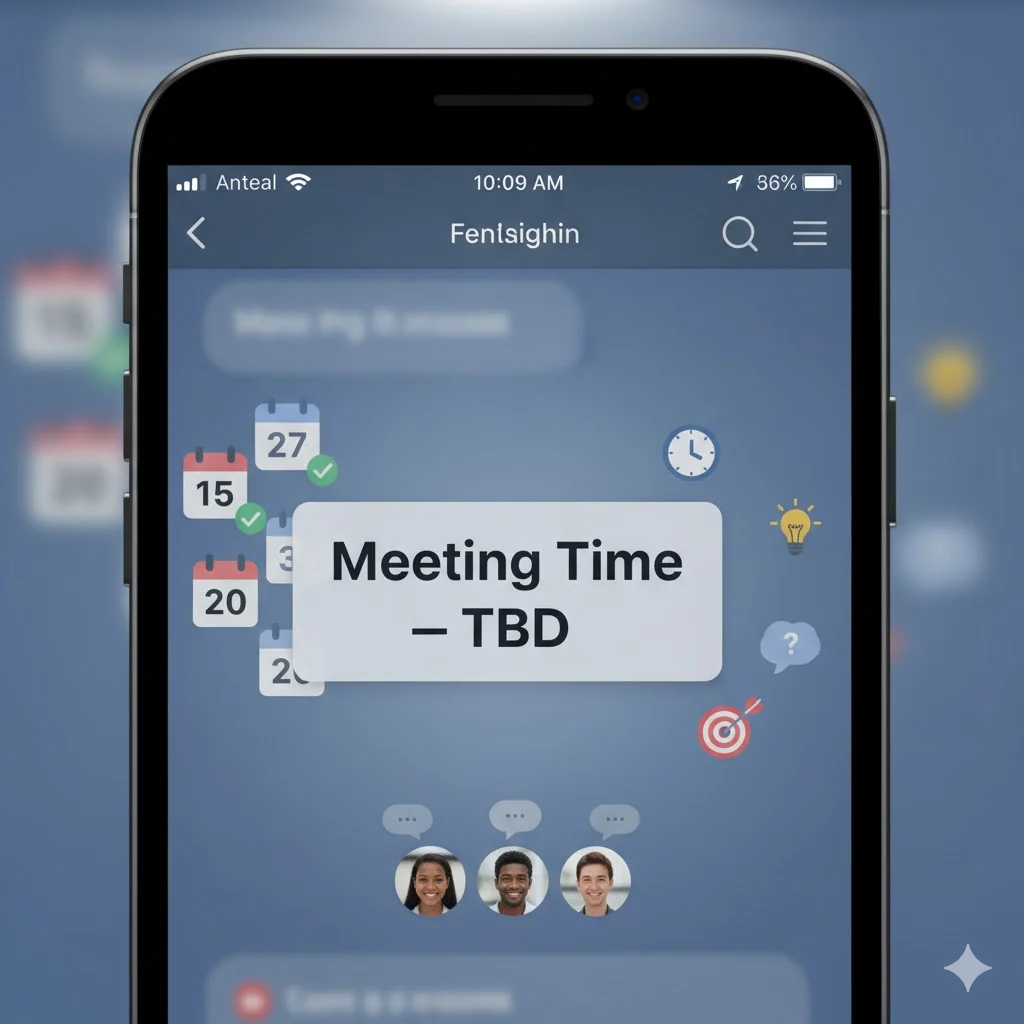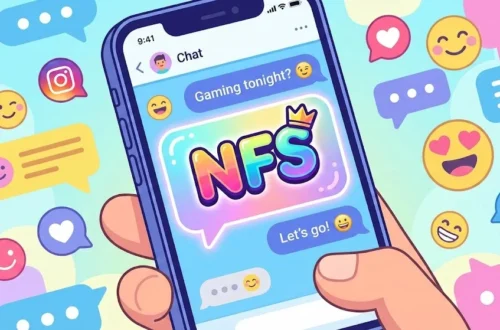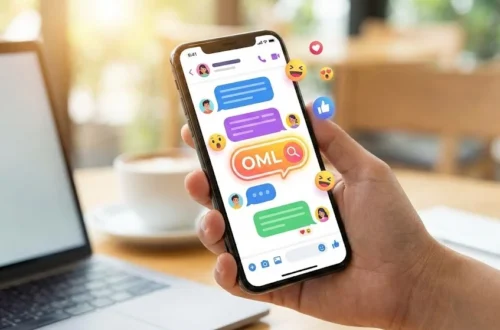Hey there! 👋 Have you ever been chatting with someone, planning an event, or reading a message where someone suddenly wrote “TBD” — and you weren’t quite sure what it meant? You’re not alone!
In texting, workplace chats, or even social media posts, TBD shows up all the time. It’s one of those short, professional-looking abbreviations that can sound a bit confusing if you’ve never seen it before.
If you’re someone who loves staying clear in communication — whether it’s while texting friends, organizing plans, or chatting in online communities — then this post is for you.
We’re about to break down what TBD means in text, how to use it naturally, where it comes from, and how to respond when you see it. Let’s get into it! 🚀
Definition & Meaning
So, what does TBD mean in text?
TBD stands for “To Be Determined.”
It’s a short and simple abbreviation used when something hasn’t been decided yet.
You’ll often see TBD used for:
- Future dates
- Times
- Locations
- Decisions that are still pending
In other words, TBD = “We’ll decide later.”
Examples in Conversation
Alex: “What time is the party?”
Jamie: “Not sure yet — TBD!”
Boss: “When will the new update go live?”
Developer: “Launch date is TBD for now.”
Group Chat: “Where are we going for dinner?”
You: “TBD — let’s see who’s free first.”
It’s short, polite, and clear — a quick way to say “we’ll finalize it later.”
Background & History
The abbreviation TBD has been around for decades — long before texting even existed.
Originally, it appeared in business documents, event schedules, and reports to mark details that were not yet confirmed. Over time, it moved from offices into emails, texts, and online posts, becoming part of everyday digital language.
As people started organizing meetups, online projects, and social events through text or apps, TBD became an easy way to signal uncertainty without confusion.
Today, it’s common in both professional and casual settings. You might see it in:
- Meeting invites: “Time — TBD”
- Game event posts: “Location TBD”
- Social media captions: “Next vlog topic — TBD 😉”
It’s one of those rare abbreviations that’s both office-approved and chat-friendly — making it super versatile.
Usage in Various Contexts
Let’s look at how people use TBD in different situations 👇
1. Texting with Friends
Emma: “So where’s the road trip starting from?”
Liam: “TBD, depends on who’s driving.”
Here, TBD means we’ll figure it out later.
2. Group Chats / Event Planning
“Movie night time — TBD (waiting for everyone’s votes).”
Or:
“Birthday dinner TBD until the restaurant confirms the booking.”
TBD helps keep things organized without committing too early.
3. Work & Professional Settings
“Meeting agenda: Topics TBD after client feedback.”
“Next week’s schedule TBD pending manager approval.”
In work messages, TBD shows professional flexibility — it’s polite and clear.
4. Social Media Posts
You might see captions like:
- “Next upload day — TBD 😅”
- “Giveaway date: TBD, stay tuned!”
It creates excitement while letting followers know that details are coming soon.
Common Misconceptions & Clarifications
Although TBD seems straightforward, it can still cause confusion. Let’s fix that 👇
❌ Misconception 1: TBD Means “To Be Done”
Nope — that’s a common mistake. TBD stands for “To Be Determined,” not “to be done.”
❌ Misconception 2: TBD Means “We’re Not Sure” in a Lazy Way
Actually, TBD is used when a decision is pending, not ignored. It means the detail will be decided later on purpose, not forgotten.
❌ Misconception 3: TBD Is Only for Work
Not true! People use it everywhere — from school projects to friend group plans to gaming events.
✅ Clarification: TBD Is About Timing
It doesn’t mean you don’t care — it means you’ll decide later once more information is available.
Similar Terms & Alternatives
Here are some phrases that mean almost the same thing 👇
| Term / Slang | Meaning / Use | Example |
|---|---|---|
| TBA | To Be Announced | “Concert venue TBA.” |
| TBC | To Be Confirmed | “Final lineup TBC soon.” |
| Pending | Waiting for decision | “Approval pending review.” |
| Later | Informal version | “We’ll decide later.” |
| In Progress | Still being decided | “Plans in progress.” |
Each one means something isn’t final yet — the difference is formality and tone.
For instance, “TBD” feels neutral and works anywhere, while “later” sounds more casual.
How to Respond to TBD
If someone sends you a message with TBD, how should you reply?
Here are some examples for different situations 👇
1. Friendly / Casual
Friend: “Time for the picnic — TBD!”
You: “Cool, just let me know when it’s decided 👍”
2. Curious / Engaged
Teammate: “Meeting link TBD.”
You: “Alright, I’ll keep an eye out for updates.”
3. Funny / Playful
Friend: “Dinner location TBD!”
You: “Hopefully not my kitchen again 😂”
4. Professional / Polite
“Understood — please update me once the final details are confirmed.”
5. Organized Response
If you’re managing something:
“Got it — I’ll mark it as TBD for now and confirm once we have approval.”
TBD signals flexibility, and your response should mirror that same tone.
Regional or Cultural Differences
Unlike slang terms that vary by country, TBD is universal.
It’s widely understood in English-speaking regions like the U.S., U.K., Canada, Australia, and beyond.
Even in countries where English isn’t the main language, people familiar with business English or texting culture recognize TBD instantly.
Because it’s neutral and not slangy, TBD fits across cultures — from formal to friendly conversations.
Comparison with Similar Terms
Here’s how TBD compares with its close cousins 👇
| Expression | Meaning | Formality | Common Use |
|---|---|---|---|
| TBD | To Be Determined | Neutral | When something is undecided |
| TBA | To Be Announced | Slightly formal | When details will be revealed later |
| TBC | To Be Confirmed | Professional | When awaiting confirmation |
| Pending | Awaiting action | Formal | Business, emails |
| Later | Informal / vague | Casual | Texting or casual chat |
If you’re chatting casually, TBD or “later” works fine.
If you’re writing to a client, TBC or Pending is better.
Usage in Online Communities & Dating Apps
Believe it or not, TBD shows up often in bios, captions, and posts online.
In Dating Apps
“Future travel buddy — destination TBD ❤️✈️”
“Next coffee date TBD 😏”
It adds a sense of mystery and playfulness.
In Gaming Communities
“Tournament schedule TBD until server update.”
“Next live stream TBD depending on team lineup.”
In Content Creation
“Next vlog TBD — still editing!”
“Collab details TBD, stay tuned!”
TBD keeps the conversation going and invites curiosity — like a “coming soon” teaser.
Hidden or Misunderstood Meanings
TBD doesn’t have any offensive or hidden meanings — which makes it a safe abbreviation to use anywhere.
Still, it can confuse someone if they’re not familiar with business abbreviations.
If you’re texting someone casually and they ask, just explain it simply:
“TBD just means ‘we haven’t decided yet.’”
That’s it — short and clear.
Suitability for Professional Communication
✅ Good news: TBD is completely professional and appropriate for business messages.
You’ll see it in:
- Project timelines
- Meeting invites
- Official documents
Examples
“Next review session: TBD after client feedback.”
“Budget allocation: TBD pending approval.”
It’s one of those rare abbreviations that work equally well in both office and text chats.
If you want to sound slightly more formal, you can use:
- “To Be Confirmed”
- “Pending final decision”
- “Awaiting confirmation”
FAQs
1. What does TBD stand for?
TBD stands for “To Be Determined.”
2. Is TBD formal or casual?
Both! It fits naturally in professional and everyday texting contexts.
3. Can TBD mean “To Be Done”?
No — that’s a common mistake. It always means “To Be Determined.”
4. Is TBD the same as TBA?
Not exactly. TBA means details will be announced publicly; TBD means they’re still being decided.
5. Can I say TBD in speech?
Yes! People often say “It’s TBD” out loud, especially in work meetings.
6. Is TBD appropriate for emails?
Absolutely. It’s short, clear, and professional.
7. What are some alternatives to TBD?
You can say “To be confirmed,” “Pending,” or “Still deciding.”
Conclusion
In simple terms, TBD means “To Be Determined” — a neat way to say that something hasn’t been decided yet.
It’s flexible, polite, and fits into both casual chats and professional conversations. Whether you’re planning dinner with friends, organizing a team meeting, or teasing a new project, TBD keeps things clear and open-ended.
Now that you know what it means, you’ll not only recognize it but also use it confidently — anytime something’s still “up in the air.” 😉






